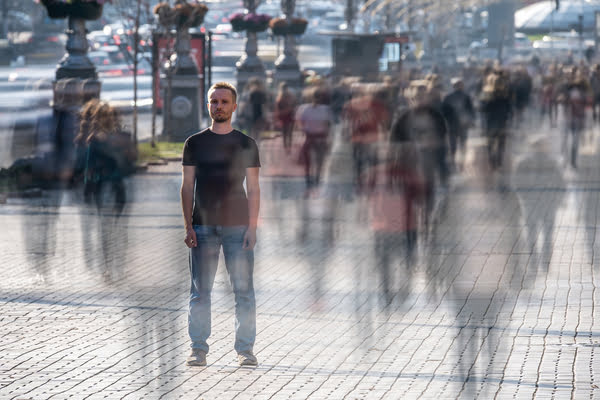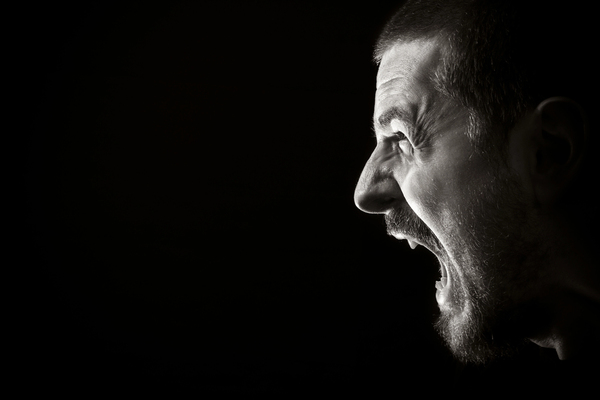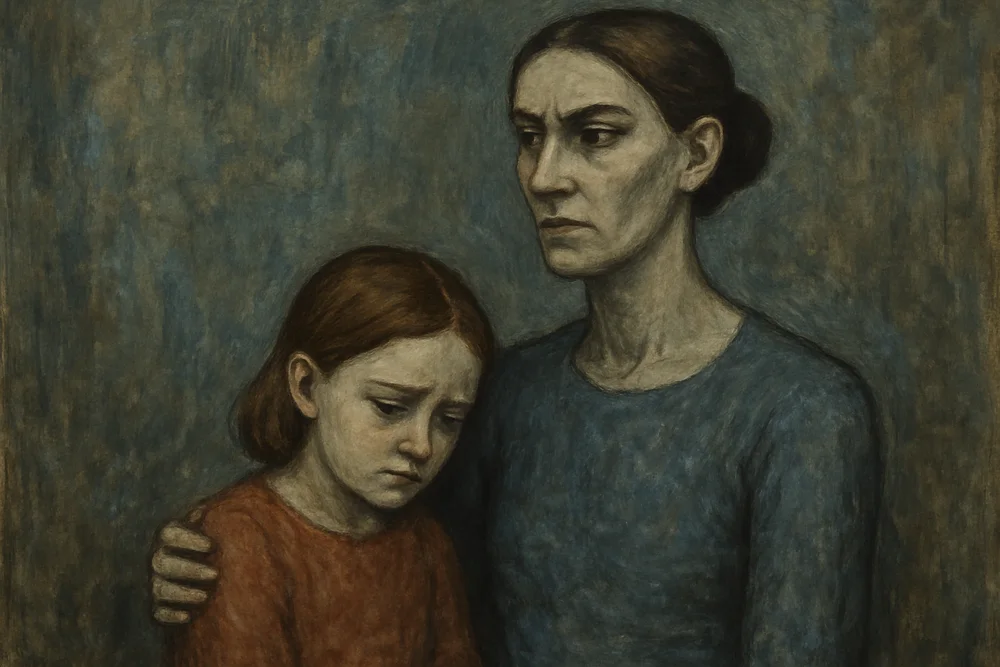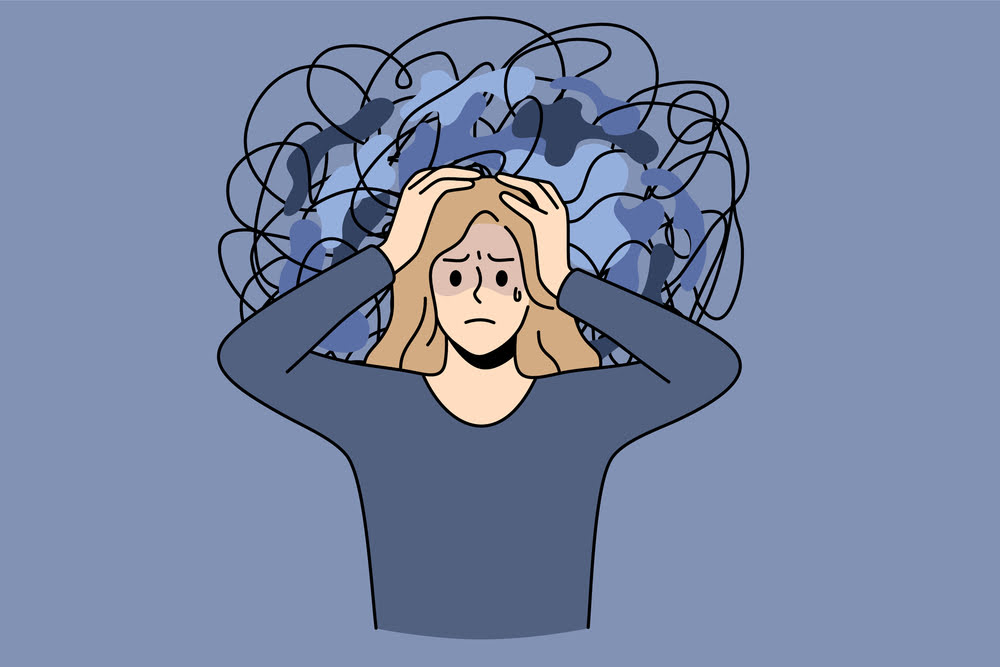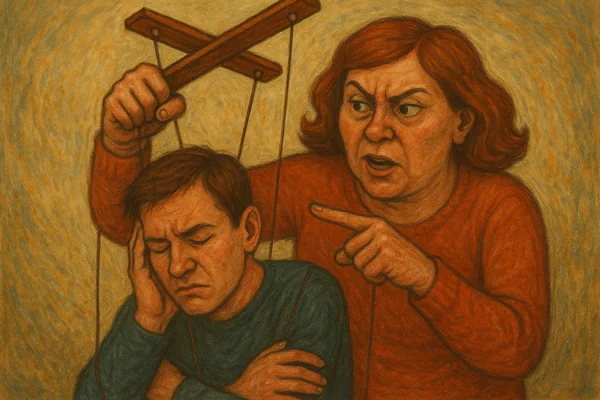How to heal an avoidant attachment style
Attachment theory is one of the most established theories in psychology. It states that our early childhood interactions with primary caregivers shape how we relate to others in adulthood, especially in romantic relationships. These modes of relating to others are referred to as attachment styles. Attachment styles are of two main types: 1. Secure2. Insecure
